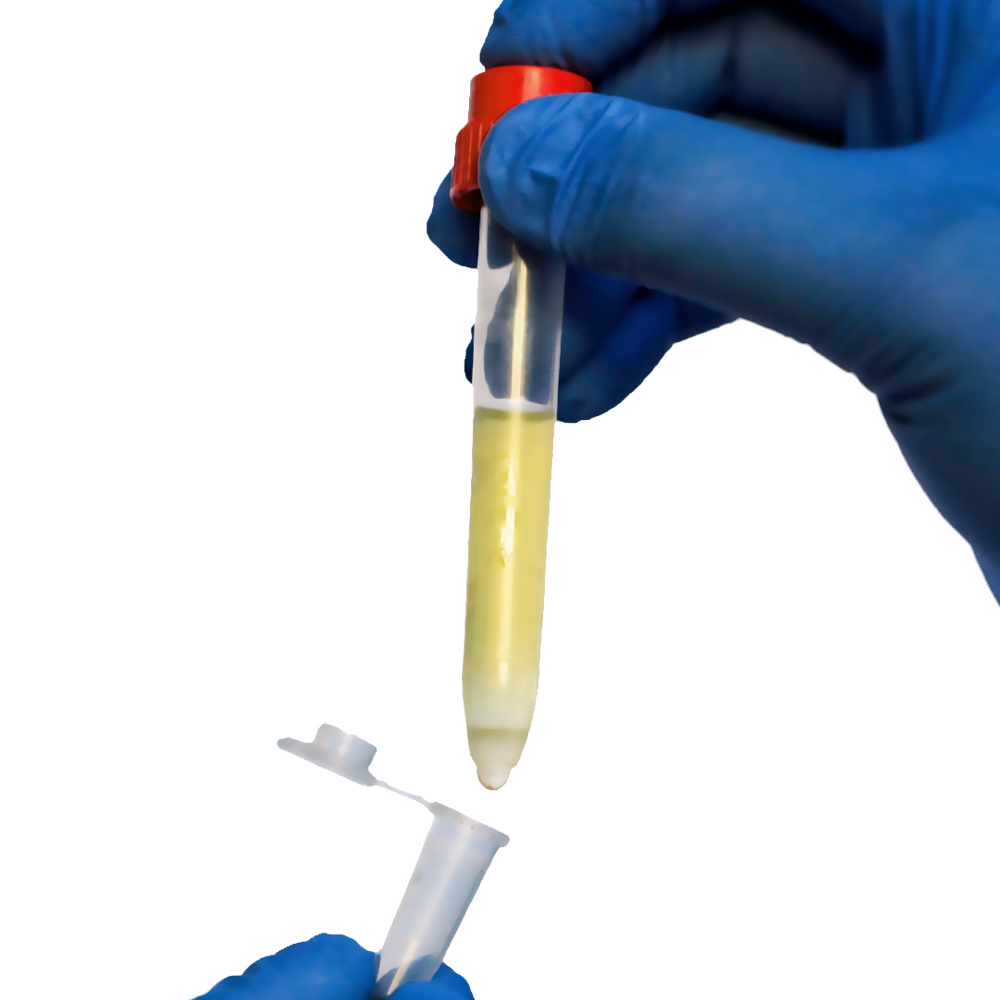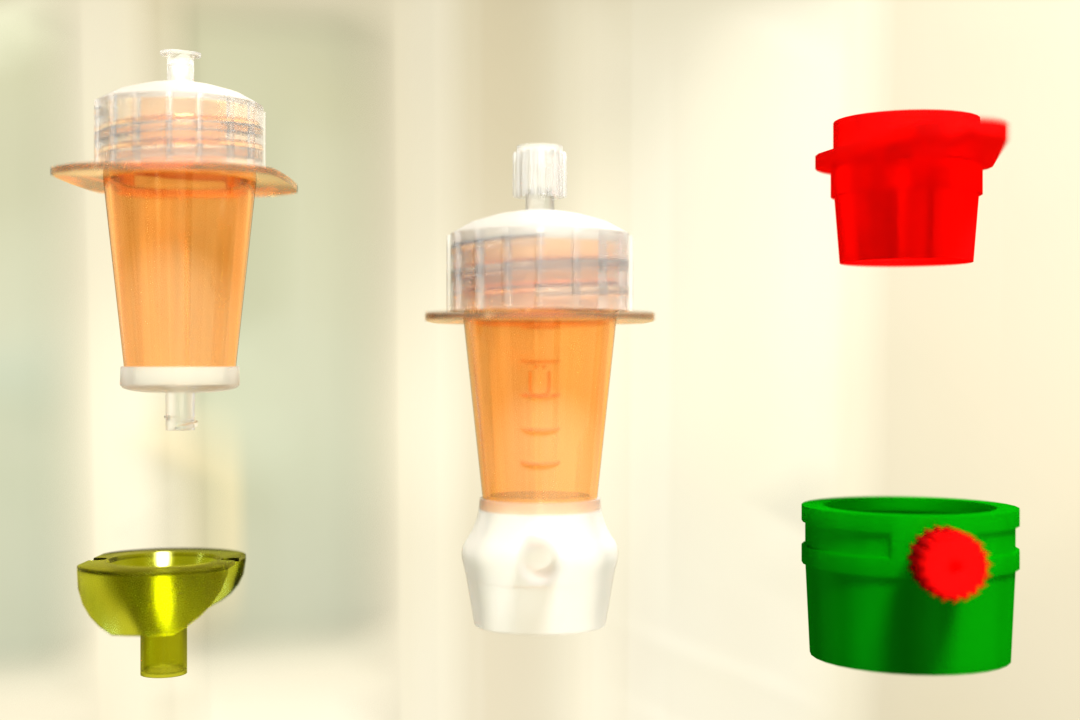This comprehensive article delves into the diverse applications and features of stainless steel basket strainers, emphasizing their durability, chemical resistance, and suitability for a wide range of industries, from laboratory research to food processing and water treatment.
In various industrial and laboratory settings, the need to separate particles from liquids or prepare homogeneous solutions arises frequently. Stainless steel basket strainers offer an effective solution for this purpose, providing robust filtration capabilities and chemical resistance. Unlike plastic alternatives, stainless steel basket strainers are ideal for processes where durability and high-temperature tolerance are essential. In this comprehensive guide, we delve into the features, applications, and benefits of stainless steel basket strainers, including variations such as cell strainers with different micrometer ratings.
Features and Specifications
Stainless steel basket strainers are meticulously crafted from fine stainless steel mesh, ensuring robust filtration capabilities and long-lasting durability. Their design is tailored to fit seamlessly into standard 50 ml centrifuge tubes, simplifying their integration into laboratory protocols and workflows. The inherent chemical resistance of stainless steel renders these strainers suitable for a broad spectrum of applications, particularly in scenarios where plastic cell strainers may prove inadequate. Furthermore, the exceptional mechanical stability of stainless steel basket strainers facilitates efficient tissue dissociation, making them indispensable tools in various biological research and medical laboratory settings.
One of the standout features of stainless steel basket strainers is their reusability, allowing for multiple applications and ensuring cost-effectiveness and sustainability. To maintain optimal performance and longevity, heat sterilization or autoclaving is recommended for sterilization purposes. This not only guarantees the elimination of any potential contaminants but also preserves the integrity of the strainers, ensuring consistent and reliable filtration outcomes with each use. With their robust construction, versatile compatibility, and ease of sterilization, stainless steel basket strainers are essential components in laboratories and industries requiring precise and efficient particle separation.
Applications of Stainless Steel Basket Strainers
Stainless steel basket strainers offer versatile applications across various industries and research fields due to their robust filtration capabilities and durability. Here are some key applications:
1. Liquid Extraction from Porous Sample Material: Stainless steel basket strainers are highly effective in extracting liquids from porous sample materials, ensuring the separation of particles and facilitating further analysis or processing. Whether it’s extracting solvents from solid samples or separating liquid phases in heterogeneous mixtures, these strainers provide reliable performance.
2. Tissue and Cell Dissociation: These strainers play a crucial role in tissue and cell dissociation processes, enabling the preparation of single-cell suspensions for downstream applications such as flow cytometry and cell culture. By efficiently breaking down tissues and releasing individual cells, stainless steel basket strainers facilitate accurate cell counting, viability assessment, and functional studies.
3. Alternative to Gauze Filtration: Stainless steel basket strainers serve as efficient alternatives to gauze filtration, offering finer filtration capabilities and greater durability. Unlike gauze, which may tear or degrade over time, stainless steel strainers provide consistent and reliable filtration, making them ideal for applications where precision and reliability are paramount.
4. Usable in High-Temperature Environments: With their ability to withstand higher temperatures compared to plastic counterparts, stainless steel basket strainers are suitable for applications where elevated temperatures are involved. Industries such as petroleum and chemical processing, aerospace, and food processing rely on these strainers for filtration tasks in demanding environments.
5. Syrup Filtration: In the food and beverage industry, stainless steel basket strainers are utilized for syrup filtration, effectively removing debris and contaminants to maintain product purity. From removing sediment in fruit syrups to clarifying sugar solutions, these strainers play a critical role in ensuring the quality and integrity of final products.
Overall, stainless steel basket strainers offer a wide range of applications, providing efficient particle separation and filtration solutions across diverse industries and research fields.
Variations: Cell Strainers with Different Micrometer Ratings
Stainless steel basket strainers are available in various micrometer ratings to suit specific filtration needs. Cell strainers with micrometer ratings of 20 µm, 50 µm, 100 µm, 200 µm and 500 µm offer flexibility and precision in particle separation and cell isolation processes.
Conclusion
Stainless steel basket strainers are indispensable tools in particle separation, tissue dissociation, and liquid extraction processes across diverse industries and research fields. Their durability, chemical resistance, and ability to withstand high temperatures make them preferred choices for applications where plastic alternatives may not suffice. Whether it’s in biological research, chemical processing, or food manufacturing, stainless steel basket strainers offer reliable performance and versatility. With variations such as cell strainers with different micrometer ratings, these strainers cater to specific filtration needs, providing precise and efficient particle separation. Incorporating stainless steel basket strainers into laboratory workflows ensures efficient sample preparation, quality control, and product integrity, driving advancements in science and industry.
 English
English French
French
 German
German
 Spanish
Spanish
 Belgium
Belgium
 Italian
Italian Brazil
Brazil Chinese Mandarin
Chinese Mandarin




